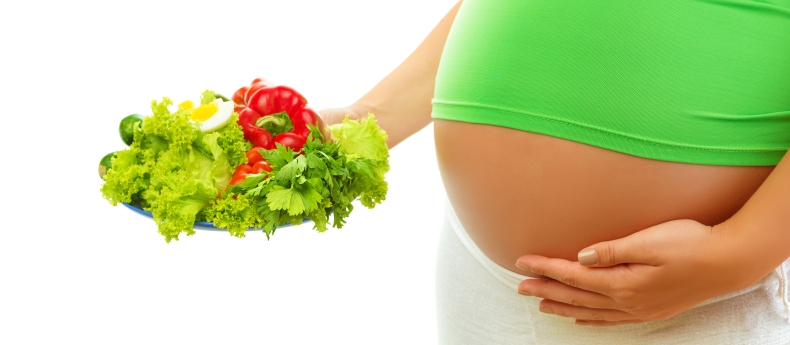
4 Essential Postpartum Tips for New Mothers
Your baby finally arrives after you have been pregnant for 9 long months. But what’s next? The birth of a child is the happiest day of a mother’s life, but also her biggest sacrifice. There is a Chinese saying: “The day your mother gave birth to you is your birthday, but also a day where she suffered.” We all know that delivering a baby is no easy task, so postpartum care for a new mother is very important for her health and well-being. High quality postpartum care will ensure a better, healthier start for both mother and child. Read on to learn more about some of the most important aspects of postpartum care.
- The recovery of the uterus. Immediately after delivery, the size of the uterus reaches the same level as the navel. After 6 weeks, it will return to its normal pre-pregnancy size. Women who have had a vaginal delivery can massage the uterus to help with this transition. During the first postpartum week, breastfeeding will cause uterine contractions and the amount of lochia will increase, which is normal.
- Lochia. Postpartum uterine discharge is red in color, with the largest amount during the first 1-3 days after birth. The color gradually lightens and the amount of discharge lessens. Ten days later, it becomes pale yellow. Lochia usually disappears completely within 4-6 weeks postpartum. If you see large blood clots, notice a bad odor, or bleeding, please seek medical attention immediately. The amount, color, and odor of lochia should be observed daily. It is abnormal if the amount of discharge suddenly increases, or there is a change in color and odor, or if it doesn’t stop within the normal time frame. If any of these occur, promptly contact your healthcare provider.
- Preventing urinary incontinence and uterine prolapse. During the labor and delivery process, the pelvic muscles and ligaments can over-stretch, which may lead to uterine prolapse. Postpartum exercises can help with this condition. When pain from perineal wounds subsides, new mothers can start pelvic floor muscle training exercises to help restore muscle tone. It is suggested to keep these up for at least 3 to 4 months.
- Preventing constipation. The post-pregnancy diet for new mothers should start with mild semi-liquid foods, with lots of fresh fruits and vegetables that are rich in fiber. New mothers should get out of bed to exercise and develop a habit of daily bowel movements. If necessary, eating honey, bananas, and other foods can help promote bowel movements.
- Indoor air quality is important.
- As much as possible, new mothers should maintain a good emotional balance. This is beneficial not only for their own recovery, but also their baby’s growth.
- Sleep is very important. Adequate sleep means enough rest psychologically and physiologically, which is a great help for both mother and baby.
References: Uptodate.com
Copyright United Family Healthcare 2018 All right reserved ICP 京ICP备13017554号-4




